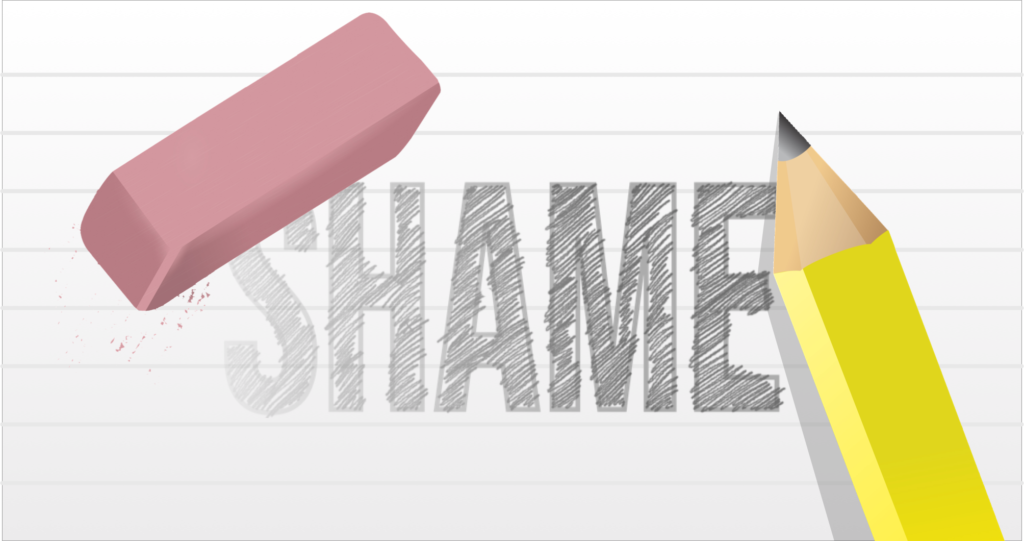Treatment for shame
When shame takes root in your life, it can alter how you look at yourself, lead to disconnection from others, contribute to mental illnesses such as depression and/or lead to drug and alcohol abuse.
Shame is false self-belief with the following associated behaviour:
- Despair
- Blame
- Projection
- Suicidal urge
- Bullying
Emotions attached to shame include:
- I am bad
- I am defensive

Shame motivates us to want to hide our “true self” because we believe that if others really knew us they would be revolted and unable to forgive us.
Others can project shame onto us by not taking responsibility for their actions.
This paints a bleak picture, but there are ways to overcome these negative thought patterns and replace them with positive thoughts.
There are questions you can ask yourself:
- Am I feeling shame as an intensification of guilt because of an old way of being or perceiving the world?
- If so, what destructive behaviour must I change to fully enter this new more conscious, compassionate and responsible phase of life?
I can offer equine and cbt therapy treatments to help you to focus confidently on positive thoughts and action.
Differences between shame and guilt
I am often asked what is the difference between shame and guilt?
Shame and guilt are separate emotions, although interconnected. Shame applies to a person whereas guilt applies to actions. Someone who commits a crime may feel bad about what they have done (guilt, connected to remorse) as well as feeling bad about themselves (shame).